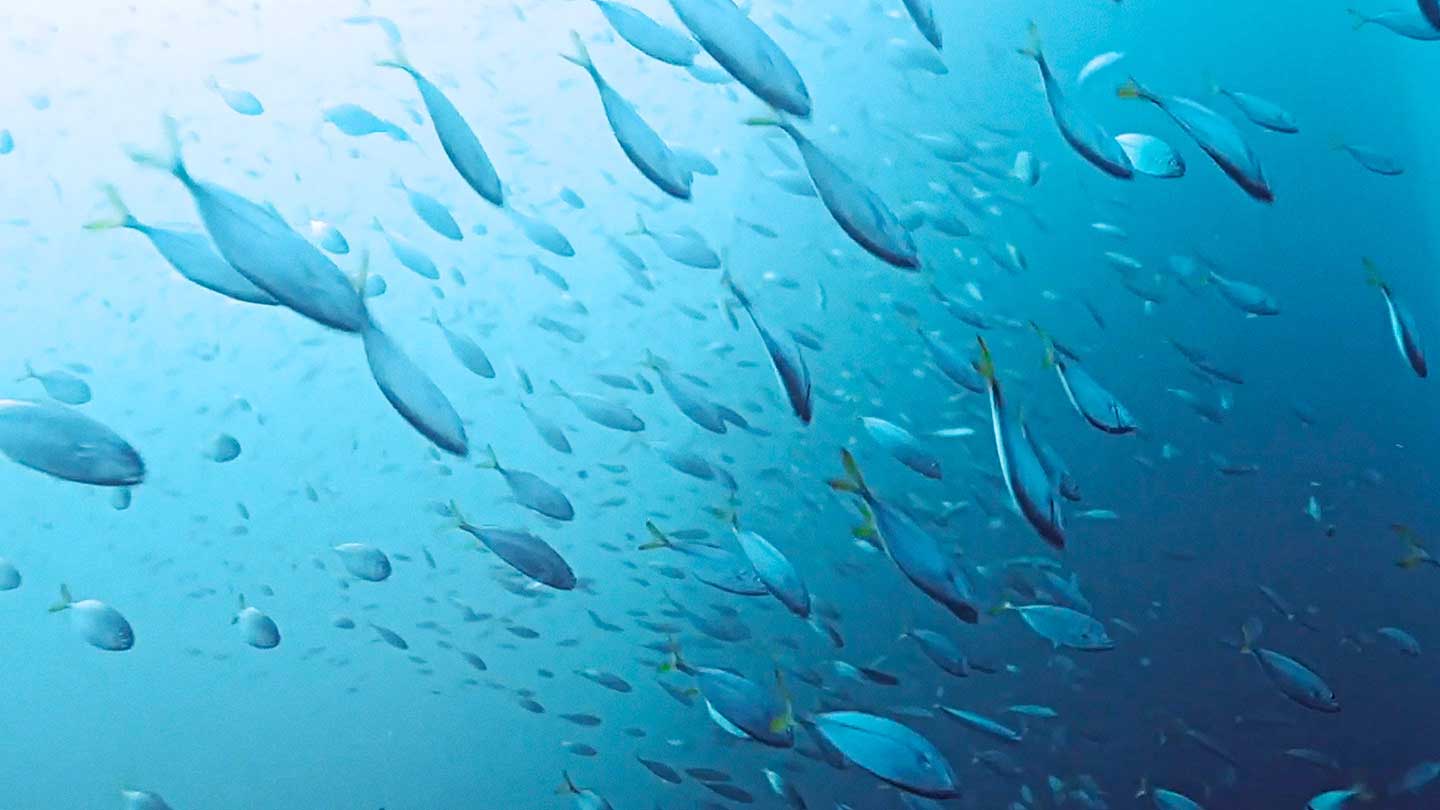The diversity of life on planet Earth is our natural life-support system. But it’s being lost at an alarming rate, with mammal, bird, fish, reptile, and amphibian populations decreasing by 68 % on average since 1970. Climate change is accelerating this trend – and one of the most effective things we can do to address climate change is to speed up the global shift from fossil fuels to renewable energy.
The good news is that this is starting to happen. Governments around the world have ambitious plans to grow their green energy capacity, both to fight climate change and increase their energy independence. In this decade, the global installed offshore wind capacity is expected to increase several times over.
But this expansion needs to be done in a way that supports and enhances biodiversity in the delicate environments where it takes place – especially ocean biodiversity.
Together with WWF, we believe this is possible.

